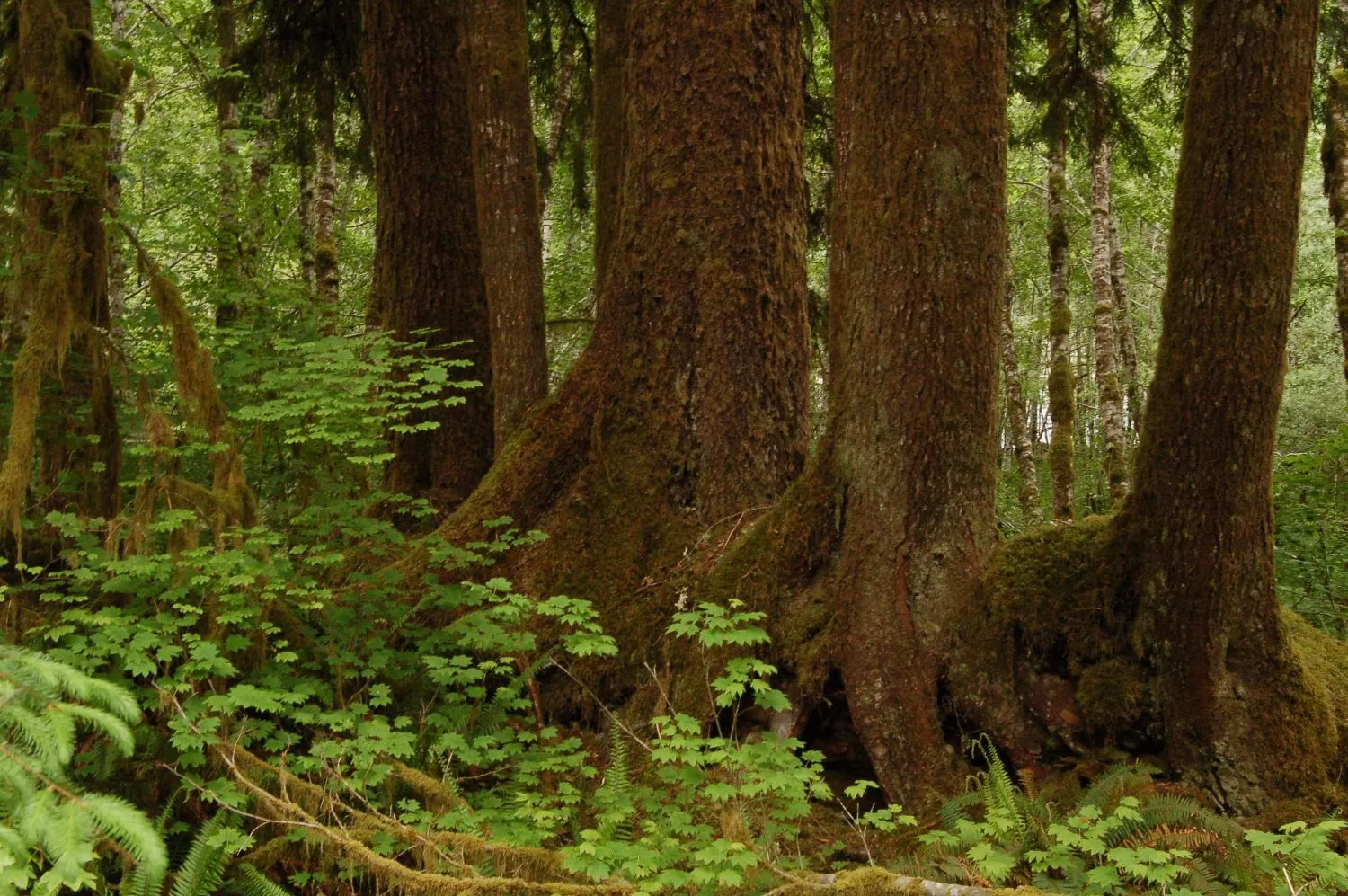What follows is a selection from the opening chapters of BJ Omanson’s memoir Three Years on the Nowhere Road in which he recounts the strange and haphazard road that led him to a life of poetry— a life of inadequate means, manual labor, wilderness solitude and— as he was a high-school dropout— nothing whatever to do with writing programs or academia. In November of 1972, married scarcely a year and having lost his job as a tree trimmer with the...

